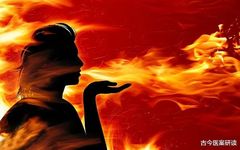Introduction: In daily life, it is rare for individuals not to experience heat symptoms. The distinction lies in whether the heat is due to deficiency (xu huo) or excess (shi huo). Young individuals, being physically robust, generally do not experience deficiency and often have excess heat; whereas elderly individuals, with liver and kidney yin deficiency, are prone to excess heat. Today, we will discuss the heat symptoms caused by yin deficiency and excess heat.
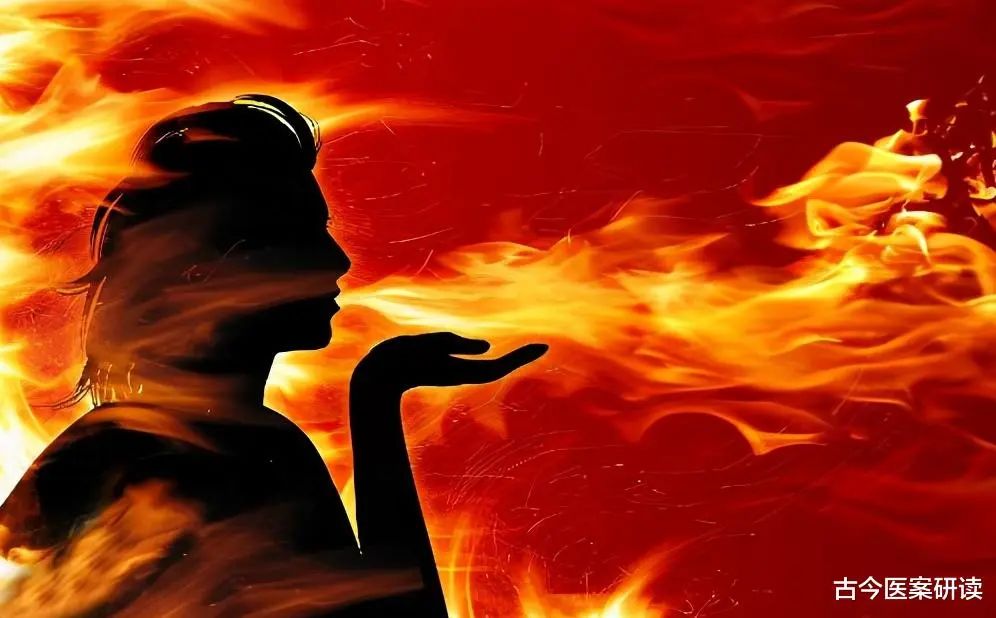
5 Manifestations of Yin Deficiency and Excess Heat: Important Considerations
1. Dry Mouth
Insufficient yin fluids lead to a state of dehydration in the body, with dry mouth being the most common manifestation.
2. Bitter Taste in the Mouth
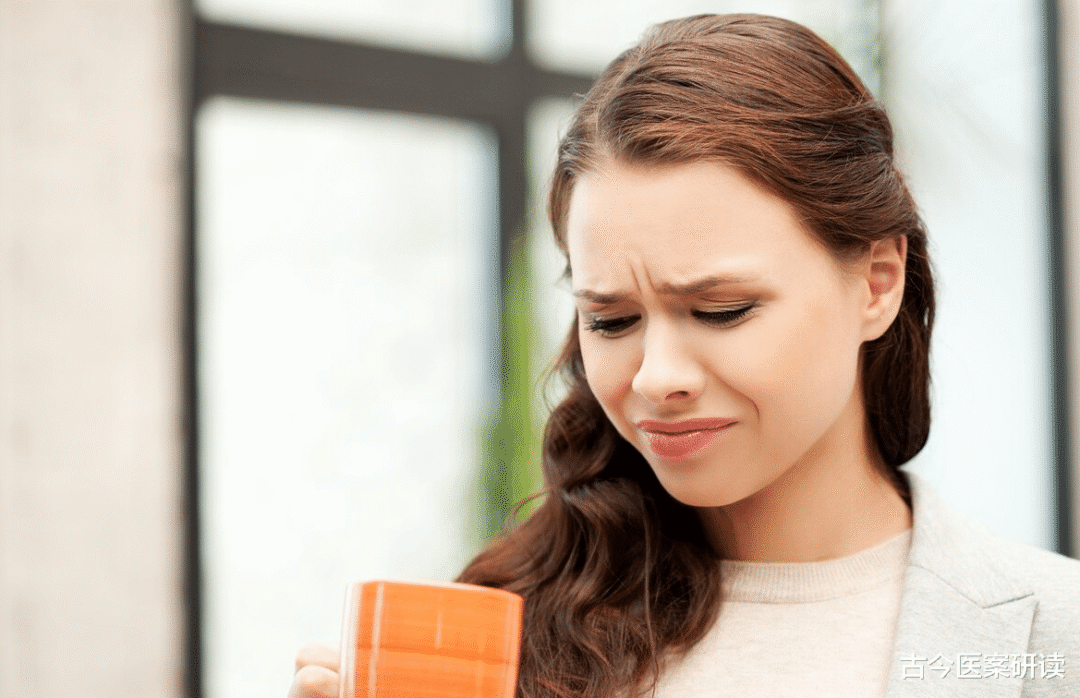
Staying up late damages liver yin; since the liver and gallbladder are interrelated, issues with the liver often present as a bitter taste in the mouth.
3. Five Hearts Heat
Individuals with yin deficiency experience excessive fire, feeling discomfort and heat in the palms, soles, and chest, resembling symptoms of menopause.
4. Night Sweats
Abnormal sweating is a manifestation of yin-yang imbalance. Sweating during the day is termed spontaneous sweating (zi han), indicating qi deficiency; while sweating at night is termed night sweating (dao han), indicating yin deficiency.
5. Insomnia and Vivid Dreams
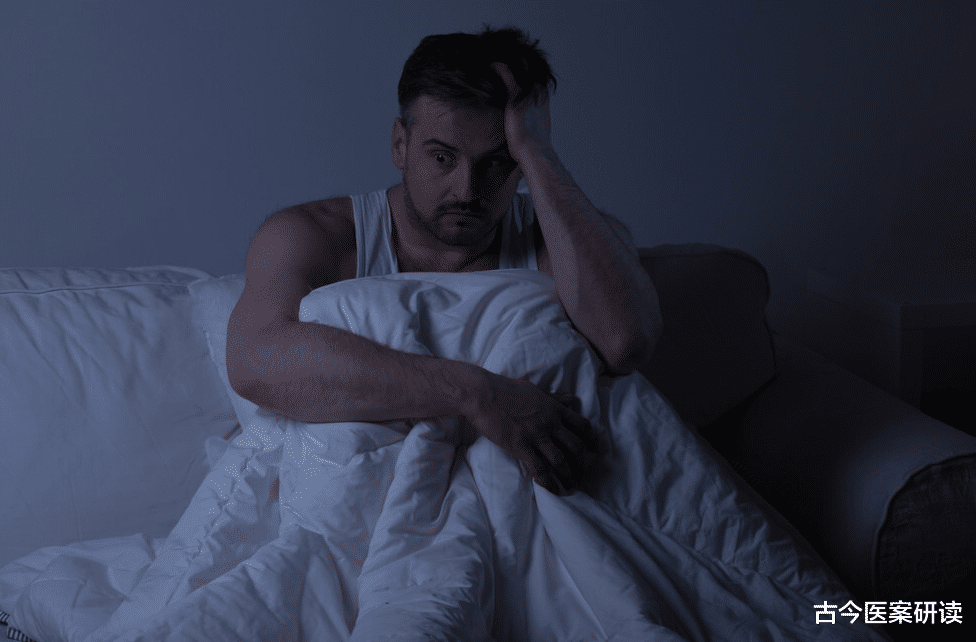
Individuals with yin deficiency experience disharmony between yin and yang, leading to the yang not entering the yin at night, resulting in symptoms of insomnia and light sleep.
4 Actions to Regulate Yin Deficiency and Excess Heat Constitution
1. Eat More Fruits
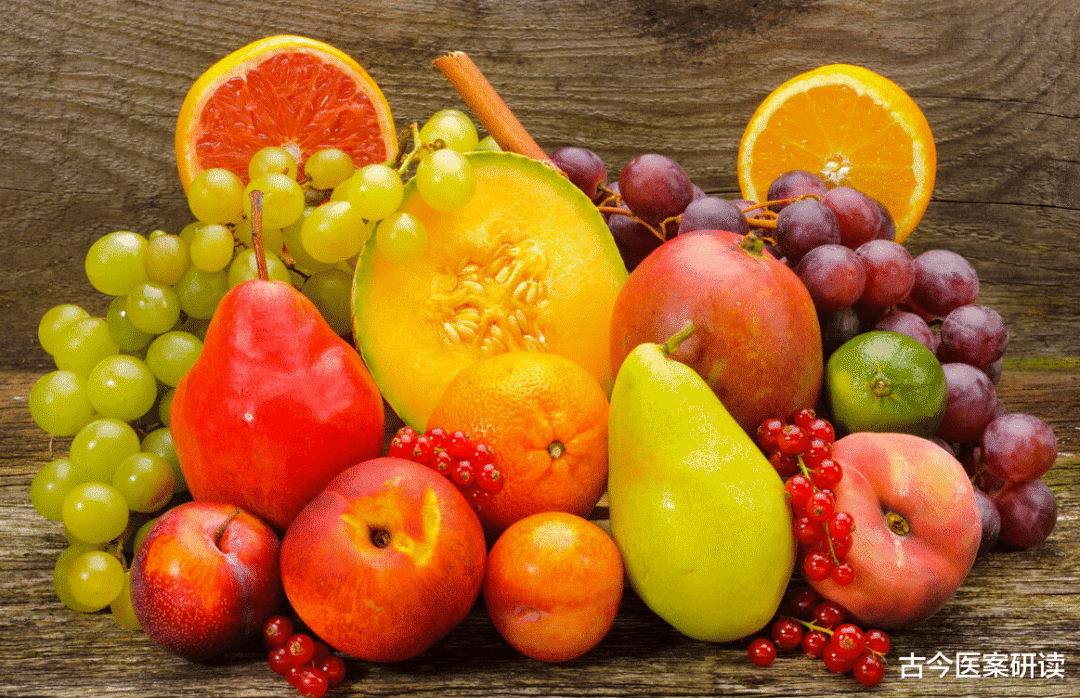
Both sour and sweet foods nourish yin; in other words, sour (suan) and sweet (gan) foods together can nourish yin. Sour foods are easy to understand, while sweet foods are those that are sweet in taste. Most fruits fall into the category of sour-sweet, differing only in whether they are more sour or more sweet.
2. Take Chinese Herbal Medicine
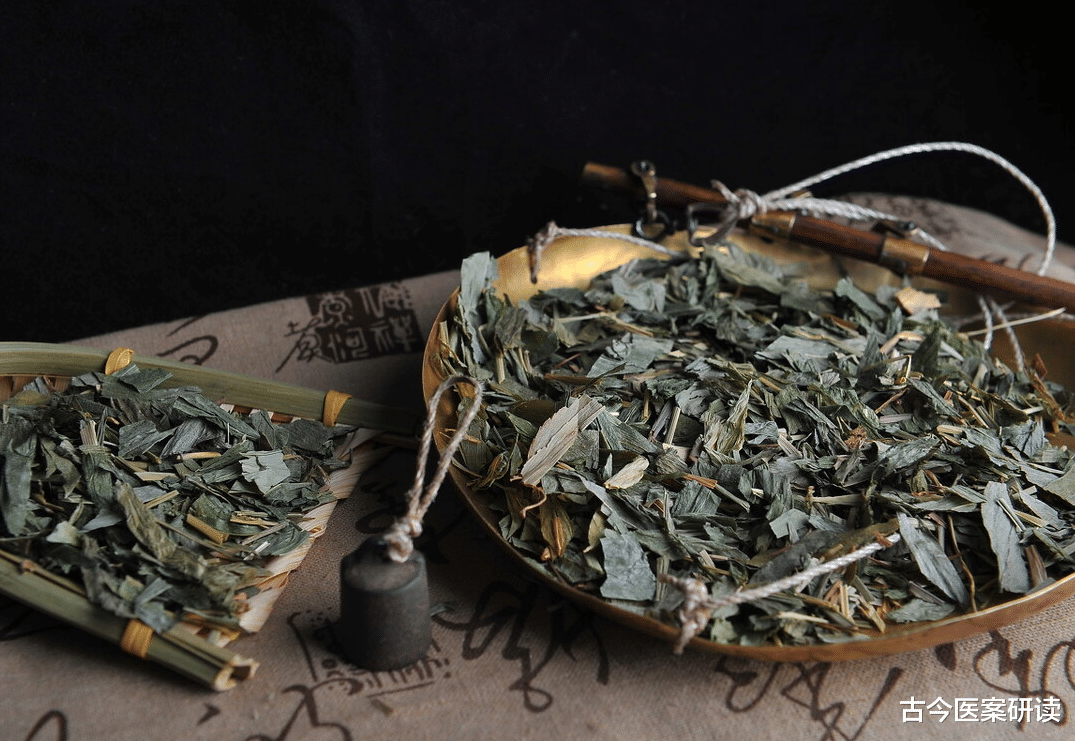
Yin deficiency with excess heat is a type of deficiency heat, which is not suitable for strong heat-clearing herbs. Instead, it is appropriate to use herbs that do not harm yin to clear heat, such as Huang Bai (Phellodendron), Zhi Mu (Anemarrhena), and Dan Zhu Ye (Lophatherum).
3. Exercise
Exercise belongs to yang, while slight sweating belongs to yin. Moderate exercise that induces slight sweating helps facilitate the communication between yin and yang, promoting balance and achieving the goal of nourishing yin and clearing heat.
4. Massage
For those with yin deficiency and excess heat, nourishing yin and clearing heat is necessary. Certain acupoints can help achieve this purpose. Common acupoints include San Yin Jiao (Sanyinjiao), Nei Guan (Neiguan) for nourishing yin and relieving irritability; and He Gu (Hegu), Tai Chong (Taichong) for clearing heat, targeting stomach and liver fire respectively.
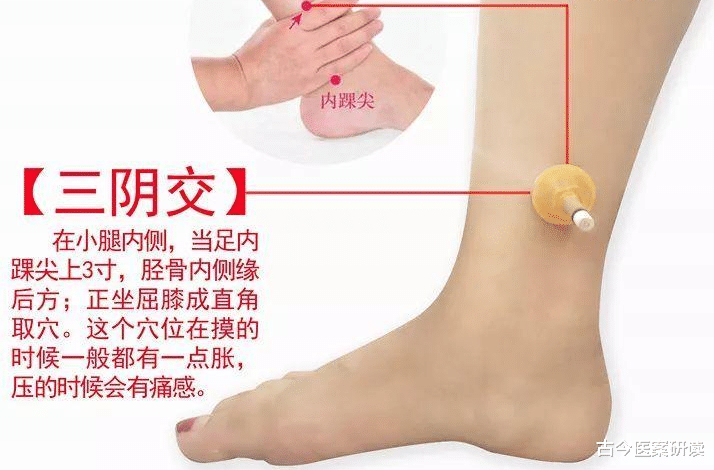
This is my understanding of how to regulate individuals with yin deficiency and excess heat. This is an educational article, not easy to disseminate, but I hope it encourages likes, shares, and follows. If you have any questions, feel free to leave a comment.

